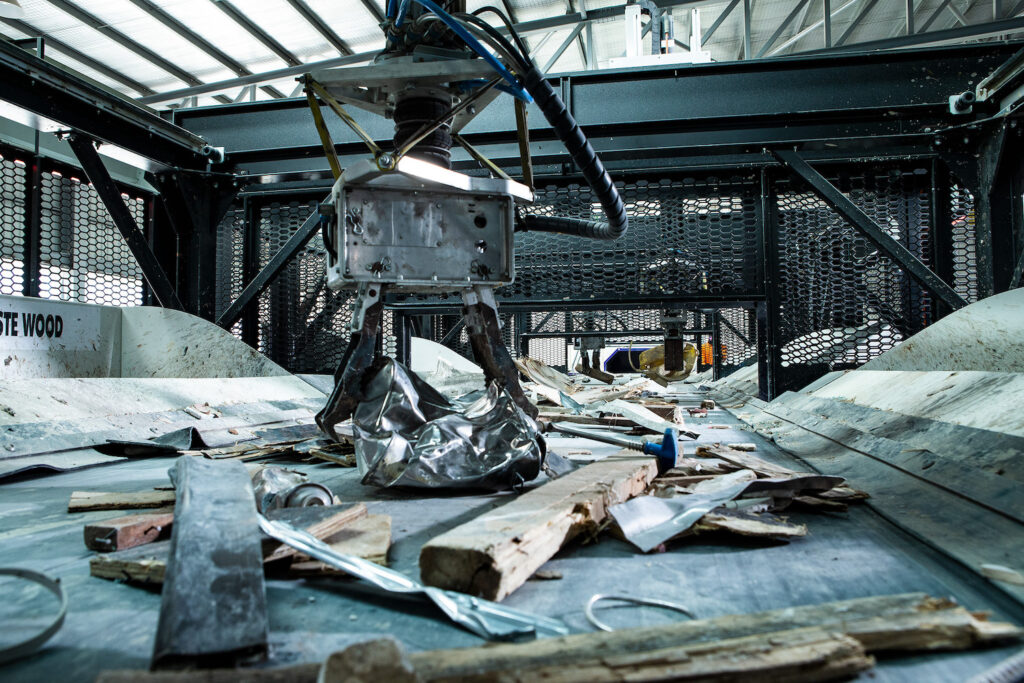Recently, the importance of alternative energy sources has become increasingly apparent, with landfills reaching capacity.
MSW consists of everyday items like glass, plastics, metals, textiles, organics, and paper.
The material mix of Municipal Solid Waste (MSW) varies per country and, in some cases, even per community.
This mix contains many valuable products, compost, and high calorific materials (refuse-derived fuel / RDF) that, once separated by mechanical treatment or degraded by biological treatment, offer a broad range of new resources.
RDF (refuse-derived fuel) exploits the traditional household waste (MSW) energy content to substitute conventional fuels, thus posing an alternative.
MSW recycling is attractive, both environmentally and economically.
However, before the waste can be used as fuel, it must be sorted, and volume reduced into a homogenous fraction size.

































